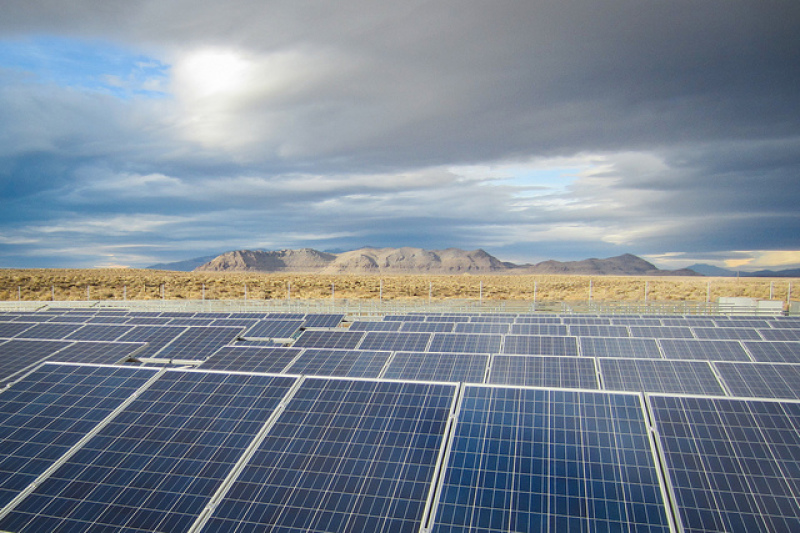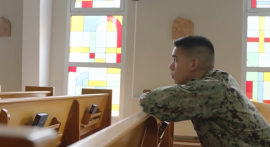
Four-in-five evangelicals do not believe that climate change and global warming are caused by humans, revealing the stark contrast between the beliefs of evangelicals and those of the rest of the U.S. adult population when it comes to climate change.
Research by the Barna Group, released on Thursday, reveals that seven-in-ten U.S. adults say that humans have either "absolutely" or "possibly" caused climate change.
Fewer than one in five evangelicals would say humans have "absolutely" caused climate change, which is less than the national average of 42 percent.
On the other hand, more than four-in-ten practicing Christians, a broader category that is more representative of different denominations and political leanings, would say humans have "absolutely" caused climate change.
"The causes of, and responses to, climate change and global warming have always been polarizing issues," says Cory Maxwell-Coghlan, the study's lead analyst and senior writer at the Barna Group. "Even though most Americans believe climate change and global warming are due to the effects of human activities, it's clear that deep divides"”generationally, politically and theologically"”still exist."
The research also points out political ideology as a factor that "plays a major role" in shaping people's beliefs on the issue. They note that over three times as many liberals (69 percent) than conservatives (20 percent) are certain that humans caused climate change.
Maxwell-Coghlan appealed to faith leaders to "be wary of hammering the stake deeper into the chasm separating those on either side of the issue. They must be willing to occupy that "messy middle,' urging their divided congregations to look beyond their seemingly irreconcilable differences to seek common ground over a shared concern for God's creation," Maxwell-Coghlan said.
"Practically, leaders and pastors could create ministries and organize service projects. They can celebrate creation together by recycling as a church, using environmentally friendly products, encouraging car pooling to Sunday services, organizing cleanup projects or adopting a section of the highway. These not only foster community, but a shared sense of responsibility for creation care."

















